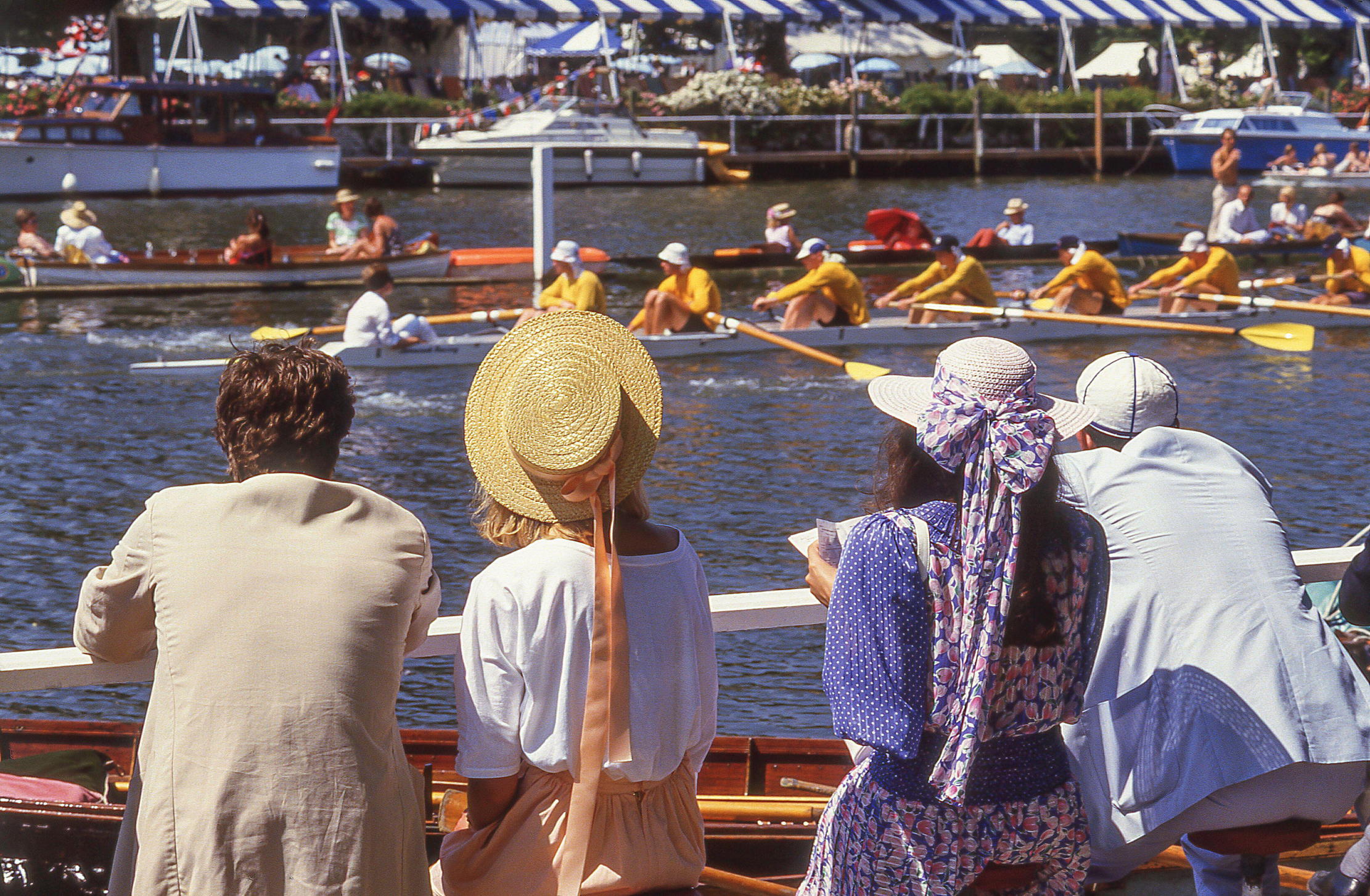Spectator on wheat prices
Growing and harvesting wheat is becoming increasingly financially unsustainable as prices remain perplexingly low, although farmland prices are high


Of the many things that are beyond my ability to comprehend, the price of wheat sticks out like a volcano. Half the world is suffering from drought, the other half from floods, and, according to Wikipedia, the world population is 6.77 billion. Before you get to the end of this page, it will have gone up a few million more. However you look at it, there are mouths to be fed. So how come, in the past six months, the price of wheat has gone down 40%?
Unless you’re buying and selling commodities, you might not have noticed this little agricultural disruption. It hasn’t been reflected in the price of a loaf of bread or a plate of pasta. The Rise & Shine muffin in Starbucks (519 calories, 29.4g fat, about the same as a Big Mac, just so you know) hasn’t come down in price, and Weetabix haven’t budged, but down on the farm, it’s a different story. Back in September, wheat was going for £170 a ton. By January, wheat dropped to £93. The price has now crept back up to £108 a ton, but we’re in no hurry to go wild.
In the evolutionary scheme of things, farmers are pretty adaptable, but suddenly, a lot is bombarding us at once. I feel like a pheasant hit by a car, with a trio of buzzards circling above. This time last year, when we ordered potash a friendly fertiliser that improves the crop’s water retention, disease resistance, yield and taste it cost £320 a ton. This morning, the best Framlingham Farmers could do was £530 a ton. Even a buzzard can see that growing wheat doesn’t pay.
I can feel you losing interest now. You’ve heard this before. Or variations of it. That, last year, I was writing about a slew of barley barons who were getting out of wheat because it cost more to grow it than they could sell it for. But when the price shot up and farmers bought new John Deeres, I never told you how good things were. I’m sorry about that, but this time (believe me) there is a big difference.
In the past when wheat prices plummeted, the bank stood by you. They had respect for the farmer, which is to say, they had the deeds to a couple of fields as security on the overdraft. Now, the banks aren’t so understanding they only care about their money. If wheat doesn’t go up soon, this part of England will read like a novel by John Steinbeck. Although the crops we grow show no signs of paying for themselves (even harvesting them is agricultural vanity when it costs £700 a day to fill up the combine with diesel), there is another mystery.
The price of farmland remains sky high about £5,000 an acre in this part of Suffolk. It’s not the romance of oilseed rape that keeps land prices so steep. It’s that, in these uneasy times, all men and women unconsciously seek a retreat from a world that has got almost completely out of hand. Deep in our worried hearts, we all believe that a place in the country is a haven from terrorism, knife crime and economic catastrophe. But even in the countryside, these are troubled times. Each morning starts with the feeling of trying to repair the hay baler before the thunderstorm breaks. But the mysteries of country life have a literature all their own.
On Saturday, I went through the woods with Mr Simpson, a retired keeper who’s been helping me trap grey squirrels. We found 14, and patiently and proudly we laid them out on one of the rides. At the end of the afternoon, when we went back to collect them, they were all gone, except for four arranged in a perfect square. A fox? Gypsies? Someone hungry enough to eat them? Skinned and gutted, soaked in milk and pan-fried, they’re delicious, but you don’t eat anything that’s been trapped unless you’re starving. We’re still pondering this one, and it’s as mysterious as the price of wheat.
Sign up for the Country Life Newsletter
Exquisite houses, the beauty of Nature, and how to get the most from your life, straight to your inbox.
Country Life is unlike any other magazine: the only glossy weekly on the newsstand and the only magazine that has been guest-edited by HRH The King not once, but twice. It is a celebration of modern rural life and all its diverse joys and pleasures — that was first published in Queen Victoria's Diamond Jubilee year. Our eclectic mixture of witty and informative content — from the most up-to-date property news and commentary and a coveted glimpse inside some of the UK's best houses and gardens, to gardening, the arts and interior design, written by experts in their field — still cannot be found in print or online, anywhere else.
-
 380 acres and 90 bedrooms on the £25m private island being sold by one of Britain's top music producers
380 acres and 90 bedrooms on the £25m private island being sold by one of Britain's top music producersStormzy, Rihanna and the Rolling Stones are just a part of the story at Osea Island, a dot on the map in the seas off Essex.
By Lotte Brundle
-
 'A delicious chance to step back in time and bask in the best of Britain': An insider's guide to The Season
'A delicious chance to step back in time and bask in the best of Britain': An insider's guide to The SeasonHere's how to navigate this summer's top events in style, from those who know best.
By Madeleine Silver